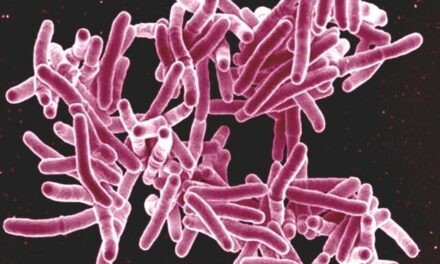In a bid to enhance early detection and intervention for Down syndrome, doctors are urging for universal screening of all pregnancies, regardless of maternal age, as the world marks World Down Syndrome Day on Thursday.
Down syndrome, a genetic condition characterized by an additional full or partial copy of chromosome 21, poses various developmental challenges for affected children, including deficits in brain development, heart disease, thyroid gland dysfunction, vision impairment, and hearing loss.
According to Sheela Nampoothiri, Head of Paediatric Genetics at Amrita Hospital in Kochi, universal first-trimester screening is essential for identifying foetal risk, utilizing biochemical marker measurements in blood and ultrasound examinations. This approach boasts up to 90 percent accuracy in identifying the likelihood of Down syndrome.
Conventionally, screening for Down syndrome has been primarily targeted at women conceiving at later ages, typically after 35 years. However, Vipul Gupta, Chief of Neurointervention at Artemis Hospital in Gurugram, emphasizes that Down syndrome can occur in pregnancies at any age. Therefore, universal screening is imperative to rule out the possibilities of Down syndrome in all pregnant women.
Debunking age-based assumptions, Nampoothiri cited a recent study conducted at Amrita Hospital, revealing that 78 percent of children with Down syndrome were born to mothers under 35 years of age. This underscores the importance of universal screening, as relying solely on age-based criteria may lead to missed cases.
Vipul further explains that while the risk of Down syndrome increases with maternal age, universal screening ensures that all pregnant individuals have access to informed decisions about their healthcare and pregnancy management. Foetal protein serum concentration is utilized in screening to detect neural tube defects, allowing for early identification and intervention.
As doctors advocate for universal screening, they emphasize the significance of early detection in enabling timely interventions and support for children with Down syndrome and their families. By adopting universal screening practices, healthcare systems can strive towards better outcomes and support for individuals with Down syndrome across all pregnancies.











